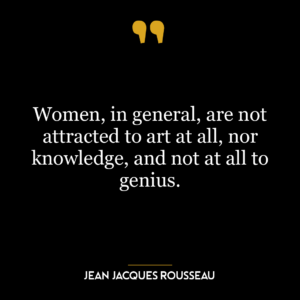This quote advises prudence and discretion in sharing information about oneself. It is a call to be mindful about what we disclose about our knowledge, possessions, and abilities. It suggests that there is wisdom in maintaining a degree of mystery and not exposing all our cards at once.
When Franklin says, “Proclaim not all thou knowest,” he is advising us not to broadcast all our knowledge. This could be interpreted as a call to humility, reminding us that boasting about our intelligence can come off as arrogance. There’s also a strategic element to it. By keeping some of your knowledge to yourself, you maintain an advantage, as others won’t know the full extent of your understanding.
“Proclaim not all thou hast” addresses our material possessions. Constantly flaunting wealth can attract envy, resentment, or even danger. It also suggests that one’s value isn’t determined by material wealth, thus discouraging materialism.
The line “nor all thou cans’t” refers to our abilities or skills. Similar to the first part of the quote, this encourages us not to show off all our talents at once. This could be for the purpose of maintaining an element of surprise or simply to avoid appearing boastful.
Applying this quote to today’s world, we live in an era where over-sharing is common, especially on social media. People often broadcast their lives, including their accomplishments, possessions, and talents, to an unprecedented degree. This quote could be seen as a caution against such behavior, encouraging a more reserved, humble, and strategic approach to self-disclosure.
In terms of personal development, this quote might inspire us to focus more on internal validation rather than seeking approval or praise from others. It suggests that there’s value in keeping some things to ourselves, not out of deceit, but out of respect for our own privacy and self-worth. It also promotes the idea of continuous learning and growth. If we proclaim all we know, have, and can do, it implies a state of completion, while keeping some things to ourselves suggests we are still evolving.










